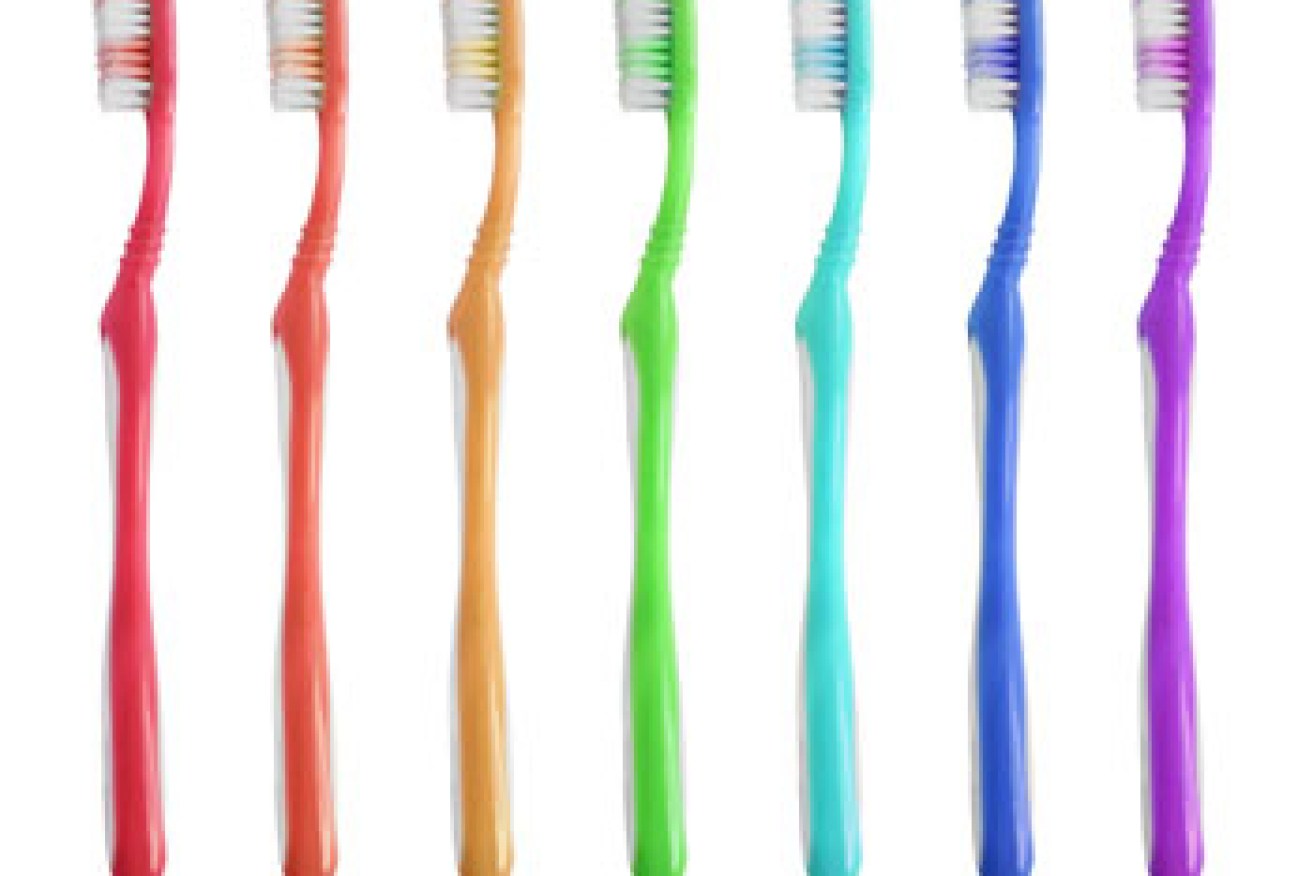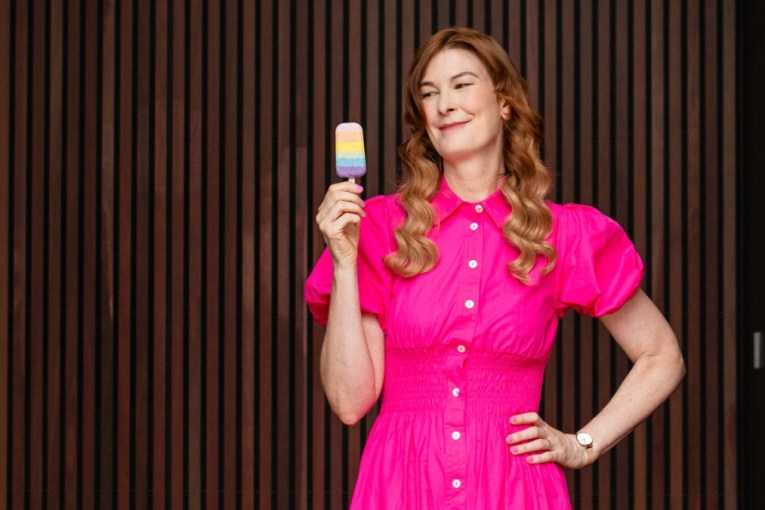How often should you brush your teeth?


Even "super soft" toothbrushes are better for you than "medium" or "hard". Photo: Shutterstock
It turns out oral hygiene can be an interesting topic of conversation.
For example, do you know the one time you’re not supposed to brush your teeth?
• Here’s how often you should wash your hair
• Soft drink substitutes that are healthy and tasty
“If you’ve just had a drink of something acidic, we don’t want your to brush your teeth,” says Dr Peter Alldritt, Chair of the Australian Dental Association’s Oral Health Committee.
That means you’ll have to wait an hour after sipping on fruit juice, soft drink, sports drinks or alcohol.

Even “super soft” toothbrushes are better for you than “medium” or “hard”. Photo: Shutterstock
The proper way to brush
So just how often should we be brushing and for how long?
According to Dr Alldritt: twice a day, after breakfast and dinner, and for two minutes.
“It’s not necessary to brush after lunch, because any food particles and bacteria are only hanging around until after dinner,” says Dr Alldritt.
But just when you think you’re off the hook, Dr Alldritt says you should be brushing for at least two minutes.
“If you’re spending less that two minutes, you’re not doing a good job,” he says.
Make sure to tackle not only the teeth, but also that commonly-missed hotbed of bacteria – the tongue.
“Most people with bad breath probably aren’t brushing their tongue,” Dr Alldritt advises.
Of course it’s easy to have good intentions, but what happens when you’re caught somewhere without a toothbrush?
“If you’re unable to brush, rinsing your mouth out with water is OK,” Dr Alldritt says.
“Chewing sugar-free gum also stimulates saliva production, which combats the acidity in your mouth.”
How to handle bad breath
So what should you do if you’re hit with bad breath even as a tongue-scrubber?
Don’t use mouthwash, says Dr Alldritt.
“If you’ve got really bad breath, then there’s a problem,” he says.
“And covering the problem with minty-fresh mouthwash is just covering the problem – it’s like not having a bath for a week and then spraying yourself in eau de toilette.”
Dr Alldritt recommends mouthwash as a short term solution for people diagnosed with infections or gingivitis, but advises those with persistent bad breath to get it checked out.

Mouthwash should not be a part of your daily routine. Photo: Shutterstock
“You could have a cavity, or gum disease,” he says.
In the supermarket
Under the bright fluorescent lights of your local Coles, always reach for the softest brush.
“Save the brushes marked ‘medium’ for scrubbing the grout around the bath”, Dr Alldritt says.
Toothpaste choice will depend on preference, but those with sensitive teeth should buy sensitive toothpaste.
“They do work. They’re worth the extra money,” he says.
Otherwise? Stick to the reputable brands, and don’t be tempted by the cheap home brand toothpastes.
“The reason they cost one dollar is that they don’t have fluoride in them,” Dr Alldritt says.
“And fluoride is the reason we use toothpaste – to keep our teeth nice and strong.”
One more tip for the road?
“There’s no need to spit out your toothpaste once you’ve finished brushing. If anything it’ll be a nice fluoride treatment for your teeth.”









